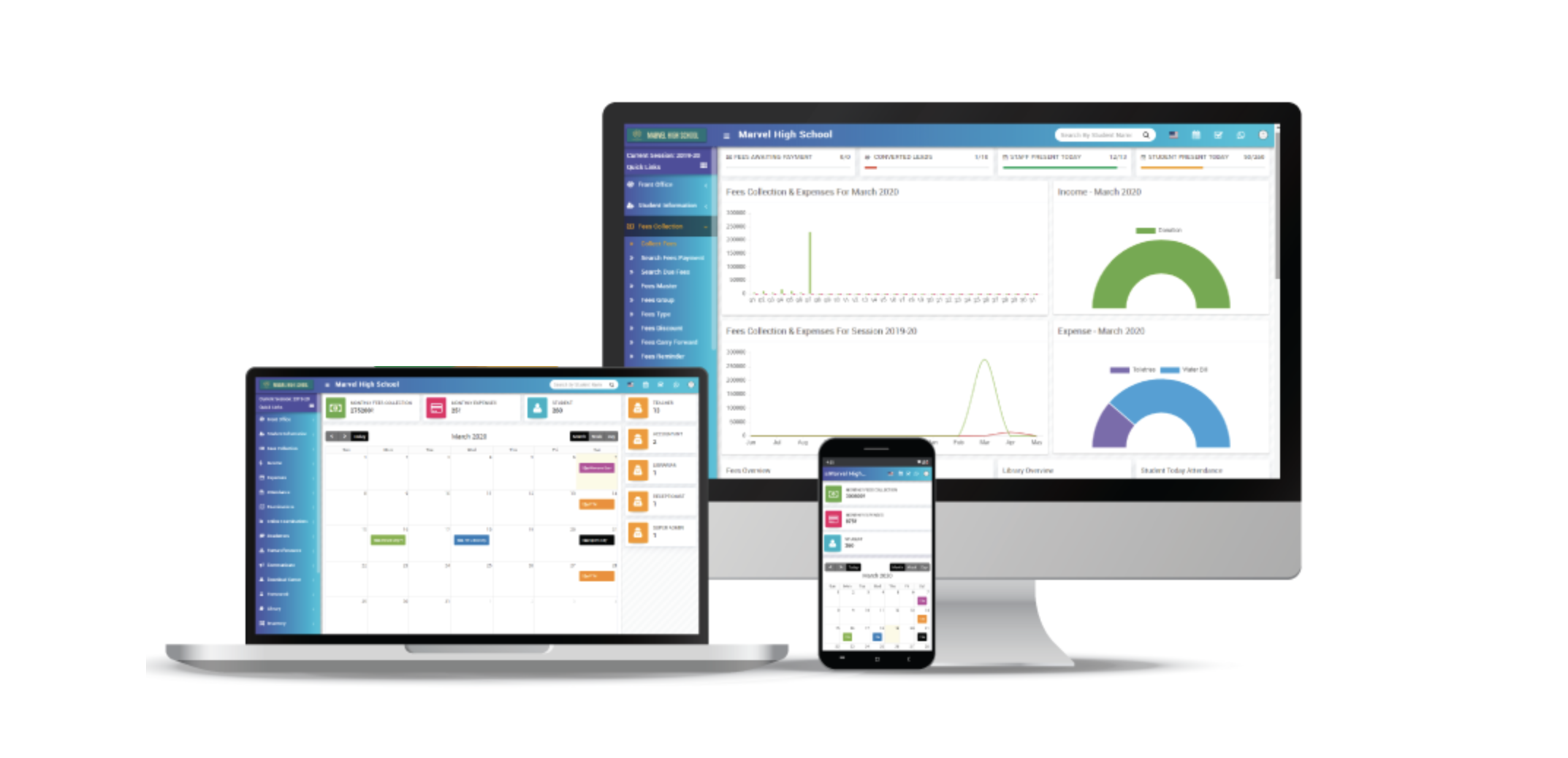 Alumni data management systems have become indispensable tools for educational institutions and organizations across various fields. When it comes to athletes, these systems play a crucial role in maintaining connections, tracking progress, and fostering a sense of community among former athletes. Whether you’re running a sports academy, college sports program, or a professional sports team, having an effective alumni data management system tailored to athletes is essential. In this blog, we’ll delve into the key features that make such a system valuable for both athletes and the broader organizations they’re associated with.
Alumni data management systems have become indispensable tools for educational institutions and organizations across various fields. When it comes to athletes, these systems play a crucial role in maintaining connections, tracking progress, and fostering a sense of community among former athletes. Whether you’re running a sports academy, college sports program, or a professional sports team, having an effective alumni data management system tailored to athletes is essential. In this blog, we’ll delve into the key features that make such a system valuable for both athletes and the broader organizations they’re associated with.
Comprehensive Athlete Profiles
One of the foundational features of an alumni data management system for athletes is the ability to create and maintain comprehensive athlete profiles. These profiles should include the typical essential information such as:
- Personal details (name, contact information, date of birth)
- Educational background (schools attended, degrees earned)
- Career details (current job, employer)
- Social media profiles (for easy networking)
And the addition of athletic history including sports played, positions, and achievements.
Having all this information in one place not only helps organizations keep track of their athletes but also allows athletes to reconnect with former teammates, coaches, and mentors. A robust athlete profile serves as a virtual resume, making it easier for athletes to transition into post-sports careers or stay involved in the athletic community.
Performance Metrics Tracking
Athletic success often hinges on performance metrics. Therefore, an alumni data management system for a team or athletics organization should track an athlete’s performance history. This can include data like:
- Game statistics (goals, assists, blocks, touchdowns, etc.)
- Fitness and conditioning records (e.g., sprint times, weightlifting PRs)
- Injury history and rehabilitation progress
- Coaching feedback and evaluations
By documenting each athlete’s performance journey, the organization can identify trends, successes, and areas that need improvement. This data is not only valuable for athletes looking to refine their skills but also for coaches and recruiters who may want to leverage it for talent scouting.
Event Management and Communication
Effective communication is key to maintaining a strong alumni network. An alumni data management system should enable the institution to plan and promote events tailored to athletes. This can include alumni games, reunions, fundraising events, or workshops focused on career transition.
Features for event management should include:
- Sending event invitations and reminders to athletes
- Collecting RSVPs and registration details
- Sharing event schedules and locations
- Facilitating online registration and payment processing
- Sending post-event surveys and feedback forms
Moreover, the system should support various communication channels such as email, social media, and newsletters to keep athletes informed and engaged.
Donor and Fundraising Management
Academic institutions rely on alumni donations to support their operations and scholarships as do many sports programs and academies . Therefore, a robust system should include donor and fundraising management features. These features can help organizations:
- Track donations and contributions from alumni
- Generate receipts and acknowledgments for donors
- Segment donors based on giving history and preferences
- Manage fundraising campaigns and events
- Monitor the progress of fundraising goals
With these tools, organizations can effectively engage with alumni who are willing to contribute to the success of their alma mater’s athletic program.
Analytics and Reporting
To continuously improve alumni engagement efforts, organizations need data-driven insights. An alumni data management system should offer analytics and reporting capabilities that allow them to:
- Measure the engagement levels of athletes and other alumni
- Identify trends and preferences in alumni participation
- Assess the impact of events and fundraising campaigns
- Track alumni career outcomes and success stories
These insights enable organizations to refine their strategies and tailor their efforts to better serve their athletes and alumni community.
An alumni data management system tailored to athletes is an invaluable asset for any sports organization or educational institution. It not only helps maintain connections but also empowers athletes to leverage their network for personal and professional growth. From comprehensive athlete profiles to performance tracking, event management, networking opportunities, donor management, and analytics, the essential features of such a system work together to create a thriving and supportive alumni community that benefits both athletes and the organizations they represent. By investing in these features, organizations can ensure that their athletes continue to succeed long after they’ve left the field.
Read more articles in the Athletics Community Transformations Series at AlmaShines or the Impactrics Resources area.


